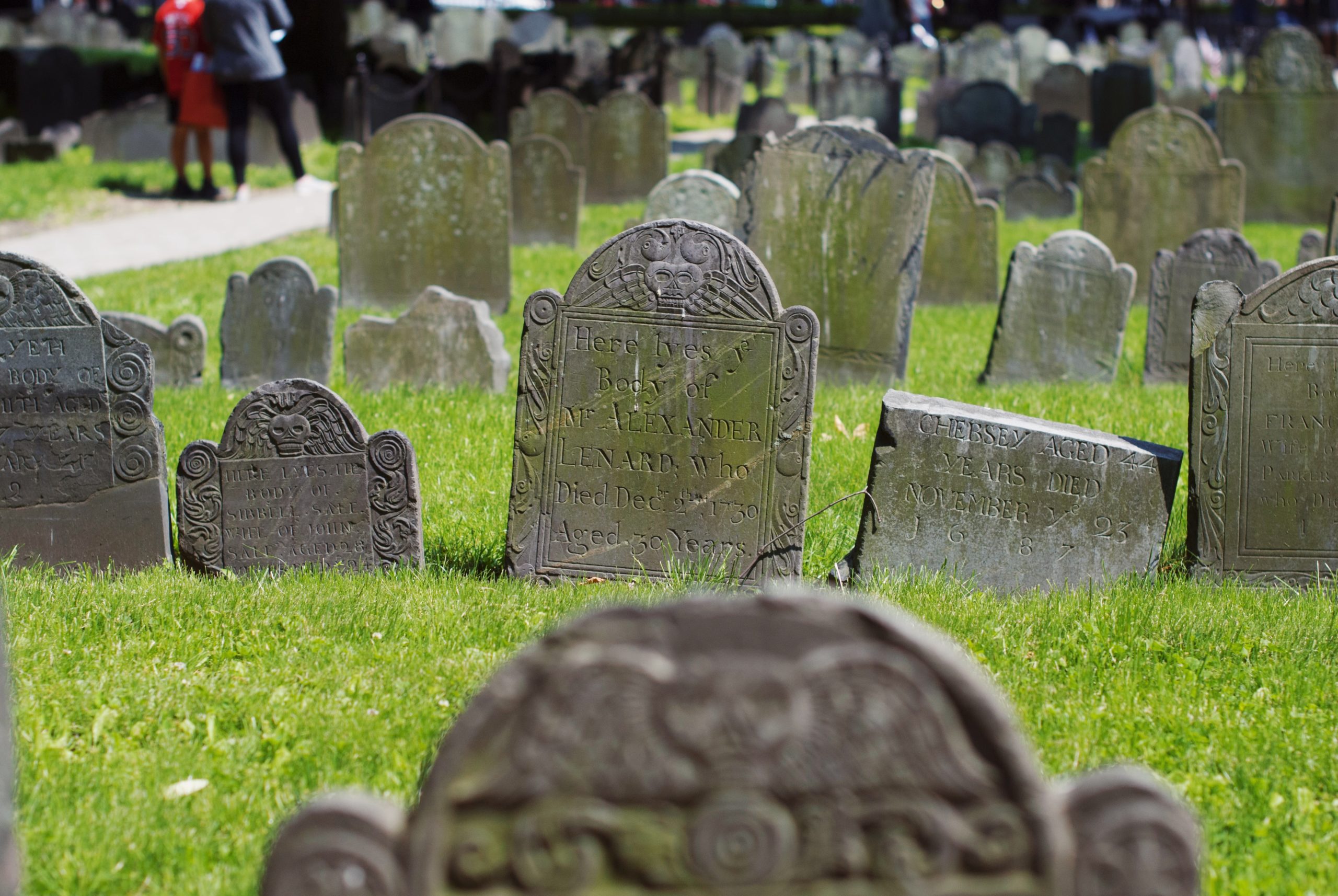

We all have a reputation. Think about that. Everyone in your sphere of influence thinks something about you. Once your earthly life is over, your reputation will become your legacy. How will you be remembered?
The great management consultant Peter Drucker shares a powerful story about legacy that had a significant impact on his own life.
When I was thirteen, I had an inspiring teacher of religion who one day went right through the class of boys asking each one, “What do you want to be remembered for? None of us, of course, could give an answer. So, he chuckled and said, “I didn’t expect you to be able to answer it. But if you can’t answer this you will have wasted your life.”
We eventually had a sixtieth reunion of that high school class. Most of us were still alive, but we hadn’t seen each other since we graduated, and so the talk at first was a little stilted. Then one of the fellows asked, “Do you remember Father Pfliegler and that question?” We all remembered it. And each one said it had made all the difference to him, although they didn’t really understand that until they were in their forties.
Drucker then goes on to say:
I’m always asking that question: What do you want to be remembered for? It is a question that induces you to renew yourself, because it pushes you to see yourself as a different person—the person you can become.
David Brooks believes there is a way to leave a legacy that will help you live better right now. In his wonderful book, The Road to Character, Brooks distinguishes between “resume virtues” and “eulogy virtues.”
Resume virtues are professional and oriented toward earthly success. They require comparison with others. Eulogy virtues are ethical and spiritual and require no comparison. Your eulogy virtues are what you really would want people to talk about at your funeral. As in, “He was kind and deeply spiritual,” and not, “He had a lot of frequent flier miles.”
The striver’s life makes it hard to focus on eulogy virtues. We want to be good people, of course, but focusing on eulogy virtues feels just so . . . not special. I have worked my whole career to do something better than everyone else—and I’m supposed to get distracted from that by doing things that anybody can do, like being nice?
But here’s the thing: You lose your edge on those resume skills, as everyone either knows or fears. Meanwhile, the eulogy virtues can get stronger and stronger, all the way up the crystallized intelligence curve and beyond. Practiced properly, old people have an edge over younger people, because they have more experience at life and relationships.
Hopefully we recognize that when our lives are over, we will not be remembered for what we accomplished or how much we accumulated. People will remember us for who we were as people, how well we loved, and the impact we had on others. This is a well-lived life. This is your legacy.
Richard E Simmons III is the founder and Executive Director of The Center for Executive Leadership and a best-selling author.
Add grace and understanding to your day with words from Richard E. Simmons III in your inbox. Sign-up for weekly email with the latest blog post, podcast, and quote.

For local orders in the Birmingham, AL area, enter Promo Code LOCAL at checkout to save shipping. We will email you when your order is ready for pickup.
Bulk discounts for 25 or more books! Call 205-789-3471 for prices.